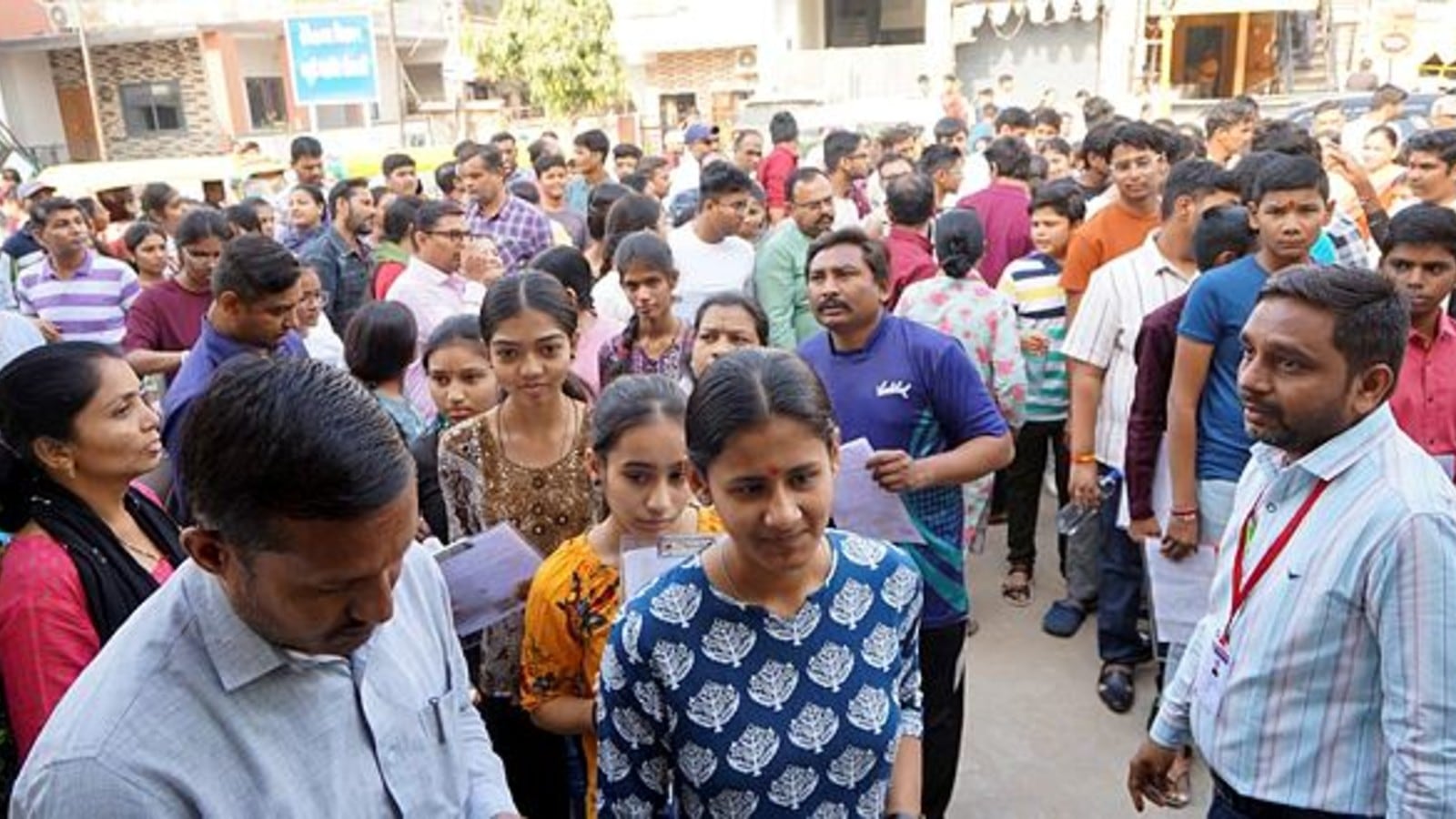It’s that time of year when Class 12 students have completed their board exams and are now turning their focus to competitive entrance tests. With the Common University Entrance Test (CUET) set for May, it’s natural for both students and parents to feel anxious about performance, results, and making the right choice of academic programmes.
The Economic Survey 2024-25, has revealed significant advancements in India’s higher education sector and an impressive rise in the Gross Enrolment Ratio (GER) to 28.4%. This implies an increase in competition among students for sought-after courses. However, for students getting good scores in CUET, the choices of programmes are plenty. Making a prudent choice of academic course is the key to a bright and successful future.
When choosing a program of study, it’s essential to recognise that the world is evolving rapidly. For students, keeping up with these fast-paced changes can often feel overwhelming.
Students scoring well in CUET have a wide array of choices, making the right programme selection crucial for future success. In a rapidly changing world, traditional disciplines like law, finance, business, life sciences, and technology are being transformed by emerging technologies.
Knowledge must now focus not only on personal growth but also on employability and real-world application.
High-demand skills across disciplines include:
– Artificial Intelligence (AI) & Machine Learning (ML)
– Blockchain
– Cybersecurity
– Data Analytics
– Digital Marketing
– Bioinformatics & Computational Biology
– Quantum Computing
– FinTech and Financial Analytics
Story continues below this ad
These technologies are not just for engineering students — they are becoming essential across all fields and must be integrated into traditional curriculums.
FinTech has seen explosive growth in the last decade, blending finance with cutting-edge technology. Instead of a traditional B Com or BBA, students should consider specializations in FinTech, which offer training in:
– Big Data
– AI
– Blockchain
– Security
– Digital Finance
Digital Marketing is another high-potential field riding the wave of technology and social media, with BBA programs offering insights into:
– SEO and SEM
– Pay-Per-Click (PPC) Marketing
– Social Media Marketing
– Content Creation
– Web Analytics
– e-Commerce and Drop Shipping
Story continues below this ad
The data explosion has impacted traditional courses in commerce, economics, social sciences and humanities, introducing modules like:
– Business Analytics
– Financial Analytics
– Market Intelligence
– Data Visualisation
– Behavioural Analytics
Degrees in Biotechnology now offer specialisations such as:
– Bioinformatics
– Environmental Biotechnology
– Medical Biotechnology
– Food Biotechnology
Whether enrolling in engineering, management, commerce, or design, it is crucial to review course content carefully and opt for programmes that are aligned with future tech trends.
For engineering aspirants, look beyond traditional programs to those offering:
– AI & ML
– Cyber Security
– Robotics and Automation
Story continues below this ad
These new-age technologies are transformative, long-lasting, and vital to future careers. To summarise, scoring high in CUET can open doors to prestigious careers:
– Dream of Apple, Google, or Microsoft? Choose engineering with AI & ML specialization
– Inspired by Nvidia? Go for BTech or BSc in Electronics with focus on semiconductors
– Big 4 ambitions? Choose commerce or management with data science or fintech
– Preparing for Industry 6.0? Specialise in mechanical engineering with automation and robotics
– Interested in cybersecurity, IoT, or blockchain? These are hot skills for banks and corporates
– Creative or research-oriented? Pursue UI/UX Design or biotechnology
Irrespective of whichever programme you choose to pursue, remember that matching your programme choice with your interests can set you up for a sure-shot success in a rapidly evolving world. High CUET scorers should carefully shortlist universities that provides exposure to cutting-edge specializations, industry connections and international mobility, innovation and incubation facilities and multidisciplinary learning that integrates technology, commerce, management, arts, dental sciences, law, education, media, and design.
Even for those opting for traditional programmes, select institutions that integrate emerging tech through electives — this cross-pollination enriches your learning. Above all, match your interests with your programme choice — this alignment is the key to long-term success in a tech-driven world.
Story continues below this ad
(Dr. Meenakshi Sharma Khurana is the executive director and dean academics at Manav Rachna International Institute of Research and Studies)







